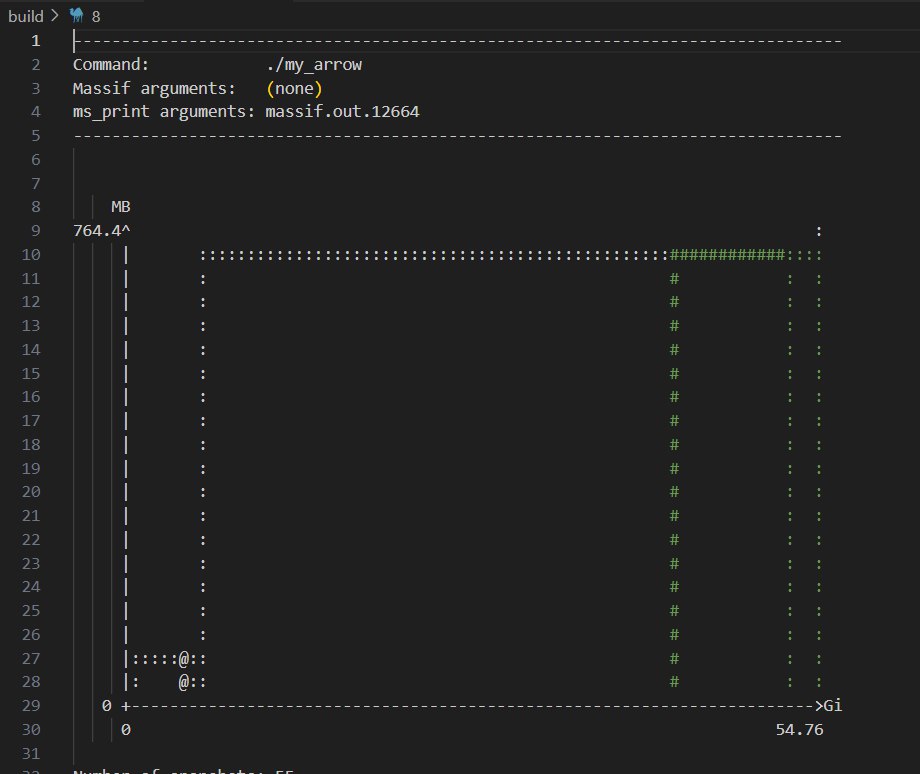The code is looking for a min value of an array of doubles of 100M size.
The result is arrow::compute::MinMax is 3-4 times faster than std::minmax_element without noticeable memory overhead.



Programmer in Canada
The code is looking for a min value of an array of doubles of 100M size.
The result is arrow::compute::MinMax is 3-4 times faster than std::minmax_element without noticeable memory overhead.

